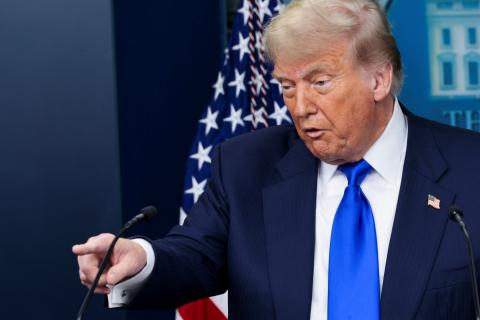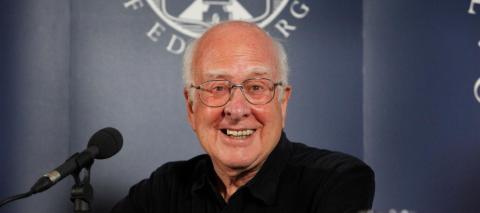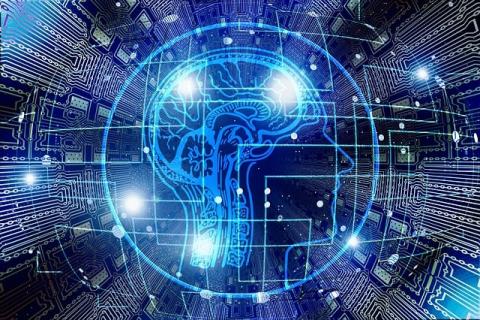
University Carlos III of Madrid
If you are the contact person for this centre and you wish to make any changes, please contact us.
Associate Professor of Marketing in the Department of Business Administration of Carlos III University of Madrid.
Professor Emeritus of Logic and Philosophy of Science
Professor of Computer Languages and Systems.
Assistant Professor of Marketing in the Department of Business Administration of Carlos III University of Madrid.

The brain can become habituated to the deterioration of democracy, warn a neuroscientist and a law expert in an editorial published in Science Advances. "When democratic norms are violated repeatedly, people begin to adapt,’ they explain, calling for a "dishabituation" to democratic decline. This requires "see[ing] things not in light of the deterioration of recent years, but in light of our best historical practices, our largest ideals, and our highest aspirations.

The 'father' of the Higgs boson, British physicist Peter Higgs, died on Monday at the age of 94 at his home in Edinburgh (UK), according to a statement released today by the University of Edinburgh. Higgs was awarded the Nobel Prize in Physics in 2013, along with François Englert, for having predicted in 1964 the existence of a new particle, the so-called Higgs boson. This particle was confirmed almost half a century later by experiments at CERN's Large Hadron Collider.

AlphaCode, the Artificial Intelligence (AI) system for developing computer code developed by DeepMind, can achieve average human-level performance in programming competitions, according to a study published in Science. This could shift the work of programmers to formulating problems for AI to solve.

On Thursday, president Pedro Sánchez announced an agreement with France and Portugal to create the "green energy corridor", which will connect Spain, Portugal and France to the European Union's energy network. According to the government, the corridor envisages the creation of a maritime gas pipeline connecting Barcelona with Marseille, which will be used to transport natural gas, hydrogen and other gases.

Recent research published by researchers of Carlos III University of Madrid shows that individuals perceive less COVID-19 infection risk and engage in less health-protective behaviors when they associate the risk with close friends – a phenomenon labeled as the “friend-shield effect”.